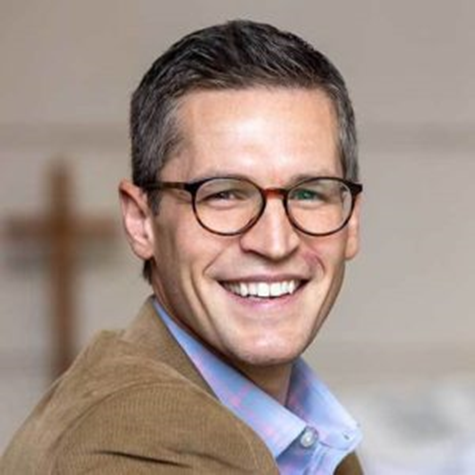Everything about the start of a new year—the commercials, self-help books, business and growth strategies—reminds us it’s time to set our resolutions, goals, and plans. I love the new year, because it’s a fresh start. Anything is possible!
Recently, I shared a story about a time I had the opportunity for new learning and a second chance (even third chance) as a dad. My wife, Claire, and I have an almost two-year-old at home. One morning, Adalynn was on the couch eating a small pouch of yogurt—the kind you squeeze. I left her for a minute, and when I returned, Adalynn was swinging the pouch around her head, smiling and laughing, yogurt flying everywhere! She was having a great time; me, not so much. I rushed to her, ended up with yogurt all over me, the couch and everywhere. I didn’t mean to, but I raised my voice. It was a voice Adalynn hadn’t heart yet. She got quiet. I had immediate regret. I couldn’t take it back, no matter how badly I wanted. I’m grateful for my amazingly, wonderfully forgiving daughter. After we cleaned up the yogurt, she gave me a big hug.
Most of us want to be better than we were yesterday. We want to be better parents, grandparents, spouses. We want to be better friends. We want to be better employees, colleagues, leaders. Therefore, we set resolutions and goals at the new year. Interestingly, according to a Forbes study, only 25% of people still pursue these goals at the end of 30 days and only 8% complete their resolutions. Other studies suggest even smaller percentages of people accomplish their resolutions.
Why do so many of our goals never materialize? James Clear suggests it is because we set big goals – like getting to the gym, starting a business, drinking less, eating healthier (such as eat more broccoli). Big goals, he says, are actually counter-intuitive to us achieving those goals. In his book Atomic Habits, he says, instead of setting big goals, do small actions (what he calls habits) daily. Those small actions, day after day, turn into big things—atomic habits.
Here's an example. Habits are like compound interest. On a given day, the small amount of interest you earn on a sum of money isn’t much. However, when you add that small amount to the next small amount, it grows larger. Here’s another example. If a pilot flies out of LAX headed to NYC and at takeoff charts the plane’s course incorrectly by 3.5 degrees, at take off the difference is barely noticeable. However, after flying 3,000 miles, the plane will end up in DC, not NYC. A small difference, compounded, makes for a huge outcome.
So, what if, this year, I told you it’s okay to release yourself from setting New Year’s resolutions? Instead, what if you focused on habits – small, specific, daily actions. No matter what you hope to accomplish in the new year, beginning with small, daily habits may help you do big things to make your community and our world a better place.

Joshua Clough served as Location Pastor for Resurrection Overland Park. He completed his doctorate in Practical Theology and Leadership at Fuller Theological Seminary. He runs marathons, ultra-marathons, and because he grew up in Seattle, drinks a lot of coffee.
Sign in to continue to your account
Become a ShareChurch member for access to free resources.
You are free to browse the ShareChurch site without an account. However, you must have an account in order to download content from the site.